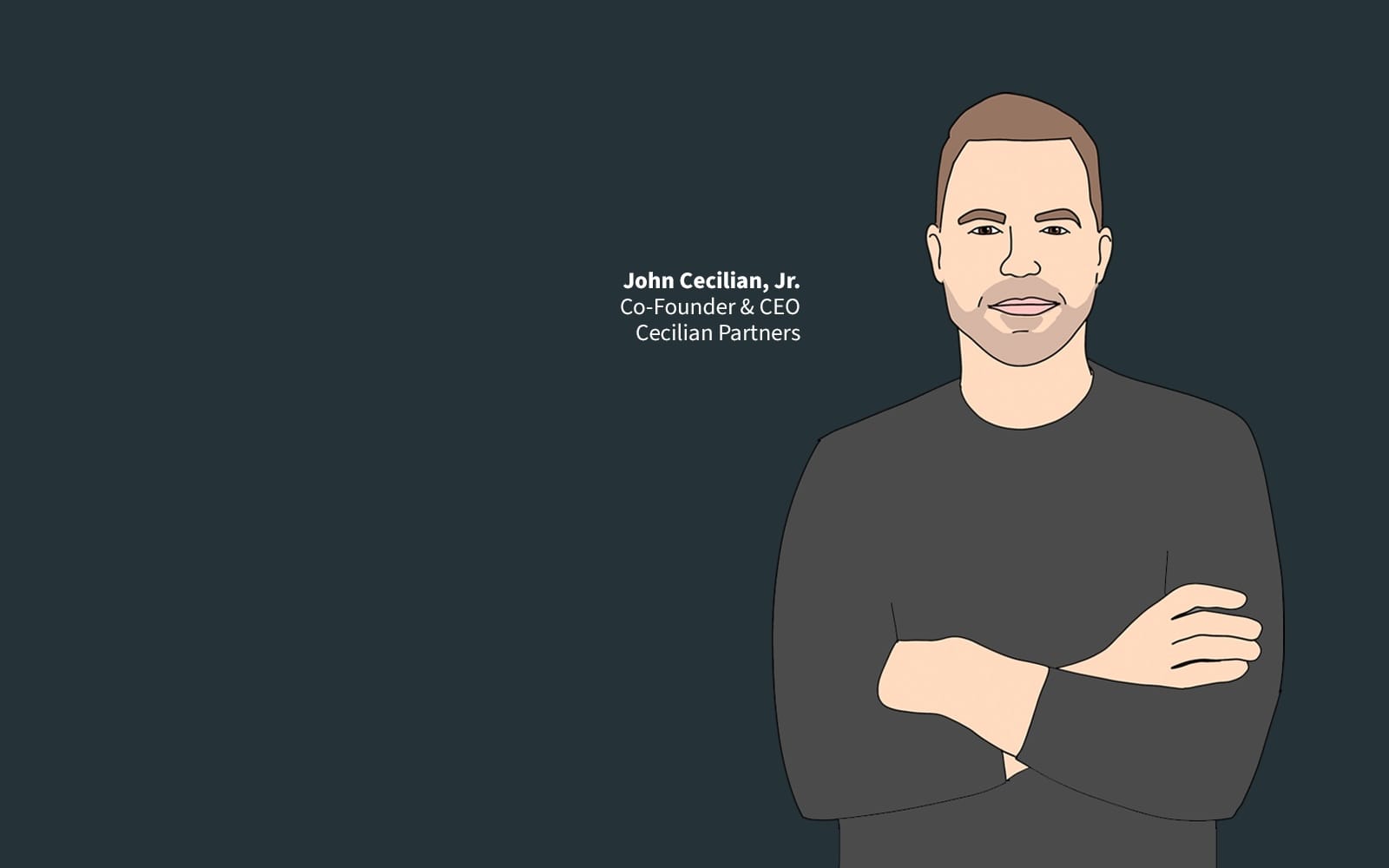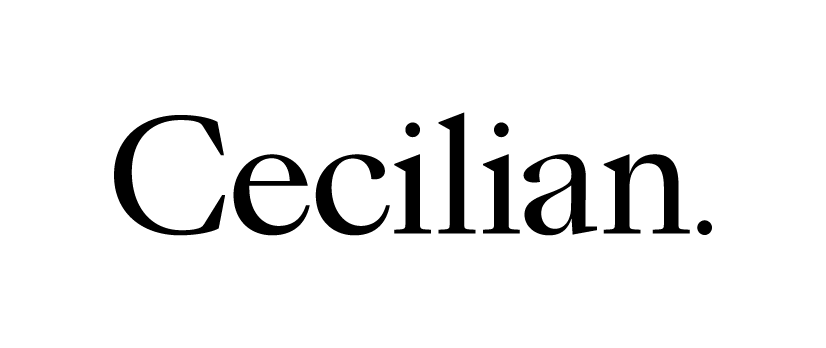Technology
Why This Leadership Event Lands at Just the Right Moment
Inside Innovative 50’s timely message for builders and developers: high-level collaboration, change discipline, and a real-world look at what digital transformation really means.

The room will be small by design. The conversation — pointed, practical, and sometimes uncomfortable. The timing? Couldn’t be more on the nose.
On May 1, in Dallas, an invited group of senior executives from homebuilding, residential development, and investment will convene at Innovative 50: Part Deux, a leadership summit curated by Cecilian Partners. The program doesn’t aim to be big. It aims to be real — real about challenges, possibilities, and what it takes to evolve in an industry not known for quick change.
This isn’t another showcase of flashy tech demos. It’s not another summit where innovation is reduced to buzzwords or “disruption” plays on PowerPoint slides. It’s a gathering designed around a simple premise: If this industry doesn’t get its arms around the people, systems, and structural mindsets that block real digital and operational progress, it risks falling farther behind — in capability, in trust, and in resilience.
And right now, that gap matters more than ever.

Why Context Is Everything
Once again, we are in a moment of external chaos and internal constraint. A presidential candidate has introduced sweeping new tariff proposals that could rattle supply chains, spook investors, and inject new costs into the fragile home construction pipeline. Meanwhile, a sluggish Spring Selling season, higher-for-longer borrowing costs, consumer hesitancy, and record levels of insurance-related uncertainty in climate-sensitive markets converge on the same painful question: What now?
Clarity is in short supply for homebuilding business leaders—especially those accountable for operational budgets, land bets, technology investments, and workforce performance.
That’s where Innovative 50 comes in.
What I hope this gathering creates is a level of awareness, not judgment,” said John Cecilian Jr., co-founder and CEO of Cecilian Partners, in a recent conversation with The Builder’s Daily. “It’s a safe zone for executives to ask hard questions, challenge the status quo, feel more enlightened—and better equipped.”
Getting Beyond the Buzzwords
Cecilian will open the day’s program with a talk titled “Data Transformation: Navigating a Digital-Human Hybrid Future.” He’s not there to impress with jargon. He’s there to ground the room.
This idea of transformation gets misused all the time,” Cecilian said. “Digital transformation is not a capital line item. It’s not a silver bullet. It’s not ‘install this product and we’re modern now.’ It’s a discipline — of change management, of recruiting and hiring the right people, and of committing to incremental operational improvement.”
His message resonates because it speaks to what many homebuilding operators know intuitively but may struggle to articulate: that software alone solves nothing, and that the best solutions—digital or otherwise—only work when paired with repeatable processes, cultural buy-in, and clarity on business goals.
Too often,” he added, “we look for the new shiny object instead of understanding how to integrate tools into the real work of our teams.”
That message flows directly into the day’s keynote presentation, delivered by Scott Spradley, Chief Technology Officer at Lennar, titled “From Analog Roots to Digital Velocity.”
Spradley — whose prior roles include leadership at HP and Tyson Foods — brings rare pedigree to the homebuilding sector: a technologist with Fortune 300 experience who understands software architecture, data systems, and organizational execution at scale. Cecilian noted that Spradley’s keynote will detail how Lennar has embraced a multi-year transformation under his leadership, evolving not just its tech stack but its cultural commitment to digital fluency and operational discipline.
Scott’s keynote will set the tone,” Cecilian said. “He’s going to walk through what digital transformation has looked like for Lennar—what’s worked, where the friction is, and why it’s not just about systems. It’s about the people who use them, and how they’re supported.”
Spradley’s journey from traditional analog processes to a technology-enabled backbone—anchored in real-time data, disciplined hiring, and process improvement—offers attendees a grounded, proof-tested look at what digital velocity actually takes.
From Curated Insight to Real-World Impact
Innovative 50 isn’t built like a typical conference.
There’s no agenda overload, no sales pitches, and no passive listening. What unfolds instead is a carefully orchestrated day of challenge, reflection, and connection among the industry’s most forward-looking executives. Every session—from the opening insights to the closing conversation—is curated to bring together what matters most right now: technology adoption that works, customer experiences that resonate, and operational models built for resilience. In a moment of market volatility, shifting consumer confidence, and pressure on margins, this isn’t theory—it’s a forum for uncovering what's actually working inside companies that are making measurable progress. The goal isn’t consensus. It’s constructive discomfort that leads to clarity, conviction, and the next best move forward.
It’s About People, Not Platforms
At the heart of the Innovative 50 design is a belief that transformation must begin within the four walls of leadership.
Cecilian points to lessons from his years in enterprise retail, where success wasn’t just about collecting data, but about having the right team structure to act on it.
Retail figured out, painfully, that you can’t solve a systems problem with more systems,” he said. “They started hiring differently — bringing in CIOs, heads of data, dedicated CRM leadership — because they realized execution breaks down when operations, marketing, and sales don’t speak the same language.”
He sees the same pattern today in homebuilding: too many siloed systems, too much error-prone data, and insufficient emphasis on cross-functional fluency. The challenge, he says, isn’t just tech. It’s trust — between departments, between leadership and execution teams, and between companies and customers.
We’ve got to start hiring for the functions we actually need—not just roles, but capabilities. That’s how you get real clarity and unlock value.”
Less How-To. More What-Now.
If there's one through-line in the Innovative 50 mindset, it’s that answers don’t have to be immediate, perfect, or flashy. What matters is direction — and discipline.
Executives don’t need another roadmap,” Cecilian said. “They need the confidence to take the next step—and the next one after that.”
That philosophy is stitched throughout the program, from the opening mindfulness session to the interactive panels, to the closing reflection on grit and redemption. It’s not a conference in the traditional sense. It’s a discovery lab, designed to provoke and sharpen, not merely to inform.
And it comes not a moment too soon.
In a time when market signals are scrambled and risk is everywhere — on land deals, insurance policies, construction schedules, and cost-to-deliver — the call for smarter systems and bolder leadership isn’t theoretical. It’s existential.
Cecilian Partners didn’t create Innovative 50 to sell software. They built it to signal what serious looks like when transformation actually matters.
And for The Builder’s Daily audience — CEOs, COOs, presidents, investment strategists, and frontline decision-makers — this isn’t a moment to sit back and wait for clarity. It’s a moment to lean in and build it.
Community development simplified. We transform the home buying experience with game-changing proptech for builders and developers.
MORE IN Technology
Lennar Taps Into Geothermal To Power New Colorado Homes
A major homebuilder's bet on geothermal heating and cooling for over 1,500 new Colorado homes could pave the way for mainstream adoption as buyers increasingly seek sustainable, energy-saving features.
AI Crushes Missing-Middle Time And Cost Curves Toward Affordability
Developing multifamily rental and for-sale properties takes time — sometimes years -- depending on a labyrinth of zoning rules and the whims of local jurisdictions.
Brandon Elliott’s Next Big Thing: An Uber-Style Building Trades Platform
After selling Elliott Homes to Meritage, the Gulfport, Miss.-based entrepreneur sets his sights on transforming trades with a logistics-tech startup that aims to make construction faster, smarter, and more affordable—starting with siding.


